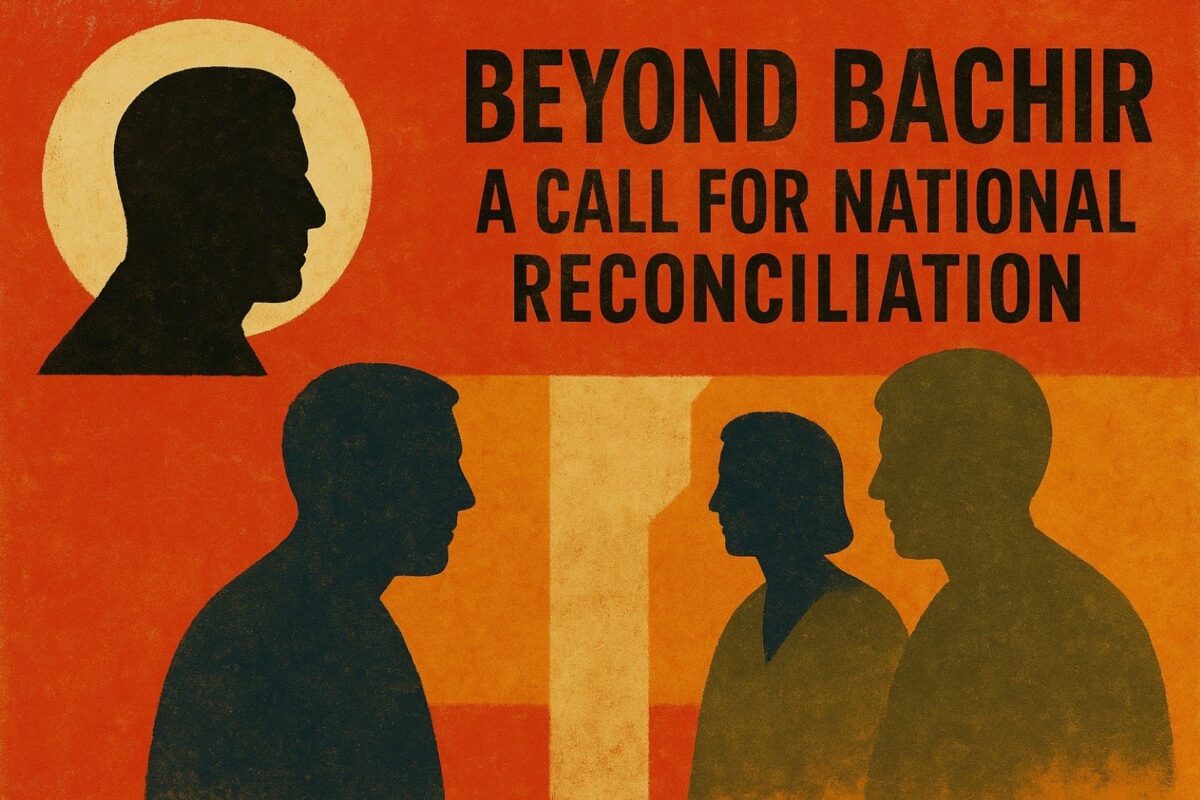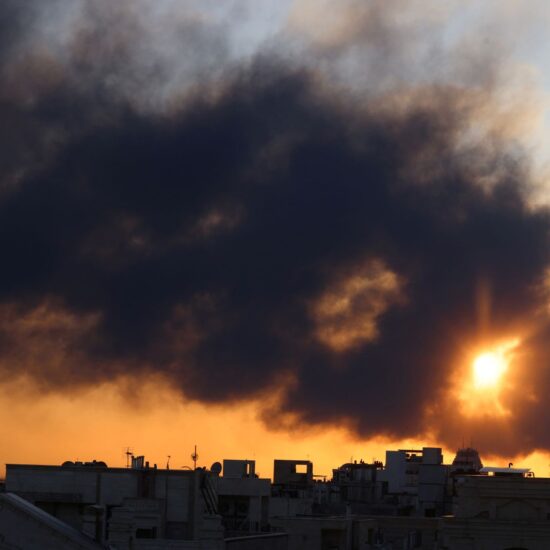
Last week Lebanon marked the anniversary of Bachir Gemayel’s assassination. As always, the day reopened old wounds. For some, he is a national martyr; for others, a warlord and traitor. The very fact that four decades later we cannot agree on his legacy tells us more about Lebanon today than it does about Bachir himself.
Prime Minister Nawaf Salam, in his statement, reminded us that Lebanon cannot move forward without truth and reconciliation. I could not agree more. But reconciliation in Lebanon cannot be selective or confined to closed-door meetings among elites. It must be national, honest, and collective.
We do not need reconciliation only over the civil war. We need it over everything that followed: the 2004 assassination of Rafic Hariri; the 2006 war that devastated the country; the violence of 2008 from Tariq Jdideh to Chouf; the “black shirts” of 2011; the cycles of violence in Jabal Mohsen and Bab al-Tabbaneh; and most recently the war of 2023–24 that reminded us, yet again, of how Lebanon pays the price for conflicts larger than itself especially when its people don’t share values, interests, and an explicit understanding of common destiny.
These events I mentioned were not just political events, or the expression of geopolitical conflicts. They shaped the fears, loyalties, and identities of generations of Lebanese. And unless we address them, we will remain trapped in a cycle where every anniversary becomes a battlefield of narratives, and every struggle is a fight over interests, loyalties, and resources.
Truth and reconciliation in Lebanon cannot be reduced to courts, nor can it be decreed by political bargains. It requires engaging the minds and hearts of Lebanese across all communities. It requires a national plan: one that begins with an open conference and finds its way into every history book studied by our children. Only then can we imagine a Lebanon where differences are not erased, but recognized and woven into a shared identity.
This is why today, more than just reflecting, we must act. I call on President Joseph Aoun and Prime Minister Nawaf Salam to take the first step to launch a real national reconciliation process that belongs to the people, not just the politicians. If they do, this could become their greatest legacy: to give Lebanon not only the institutions it deserves, but the shared identity it desperately needs.
Ramzi Abou Ismail is a Political Psychologist and Senior Research Fellow at the Institute for Social Justice and Conflict Resolution at the Lebanese American University.
The views in this story reflect those of the author alone and do not necessarily reflect the beliefs of NOW








